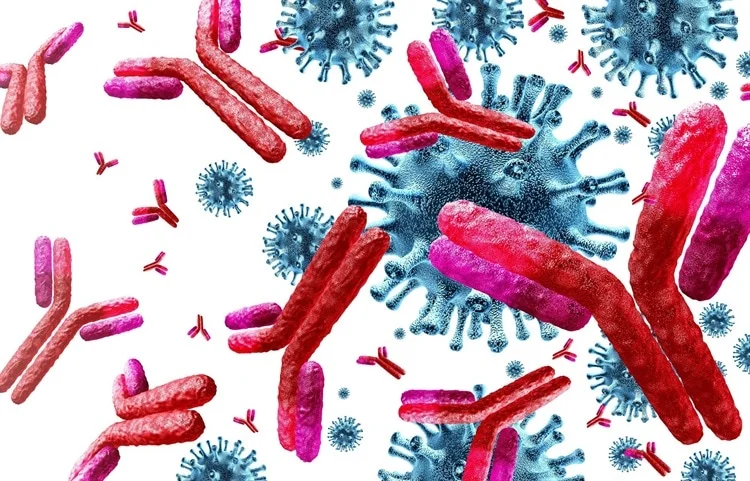
Image Credit: Lightspring / Shutterstock
Amid ongoing efforts to manage the COVID-19 crisis, health officials in Canada are addressing a new cause for concern – the emergence of a fresh COVID-19 subvariant, named JN.1. This particular variant has quickly become the predominant strain across the country, prompting experts to sound alarms over its potential heightened infectivity and plausible additional symptoms.
Recent data from the Public Health Agency of Canada (PHAC) indicates that JN.1 now constitutes the majority, accounting for 51.9% of all COVID-19 infections in Canada. The subvariant, first identified on October 9, has surged significantly since its detection.
Ryan Gregory, an evolutionary biologist and professor at the University of Guelph, expressed apprehension regarding the continual circulation of this strain. He emphasized that sustained high circulation could result in further mutations and evolutionary changes, posing recurring challenges. Gregory highlighted concerns about the variant's ability to evolve within hosts, potentially leading to continuous issues.
The growth of JN.1 has been swift. On December 10, it accounted for 26.6% of all variants, but by December 17, it escalated to 38.5% of the total variants, surpassing the previously dominant HV.1 subvariant, according to PHAC data. The World Health Organization (WHO) elevated its monitoring level for JN.1 to a variant of interest on December 19, following suit with PHAC's designation on December 21.
JN.1, classified as a sublineage of BA.2.86 and another Omicron variant by PHAC, has intrigued researchers due to its origins. Gregory likened it to a 'grandchild' of BA.2.86, signifying its evolution from a long-term infection within an individual. The variant's success in outcompeting existing strains results from a single spike protein alteration, enhancing its ability to bind effectively to cells.
While there is no conclusive evidence suggesting new symptoms associated with JN.1, reports from experts like Gerald Evans, an infectious disease specialist at Queen’s University in Kingston, Ontario, suggest a possible increase in gastrointestinal symptoms among infected individuals.
Regarding its transmissibility, experts believe JN.1 may either be more contagious or adept at evading immune responses. Nevertheless, authorities have not indicated increased severity associated with this variant. Current COVID-19 vaccines are expected to remain effective against JN.1 and its related lineages, according to Evans.
As Canada grapples with rising infection rates amidst the respiratory virus season, health officials urge adherence to protective measures and emphasize the effectiveness of layered preventive actions in curbing transmission. Additionally, available antiviral treatments are anticipated to remain effective against SARS-CoV-2 sub-lineages, as per PHAC.
Although infection rates appear stable in certain regions, experts warn that they remain notably high. Factors such as a lack of vaccine uptake and reduced adherence to precautionary measures during the holiday season may contribute to potential spikes in infections, posing significant challenges in COVID-19 management.
Efforts to combat the spread of COVID-19 and its variants remain a priority for health authorities as they navigate the evolving situation amidst the challenges of the ongoing pandemic.















